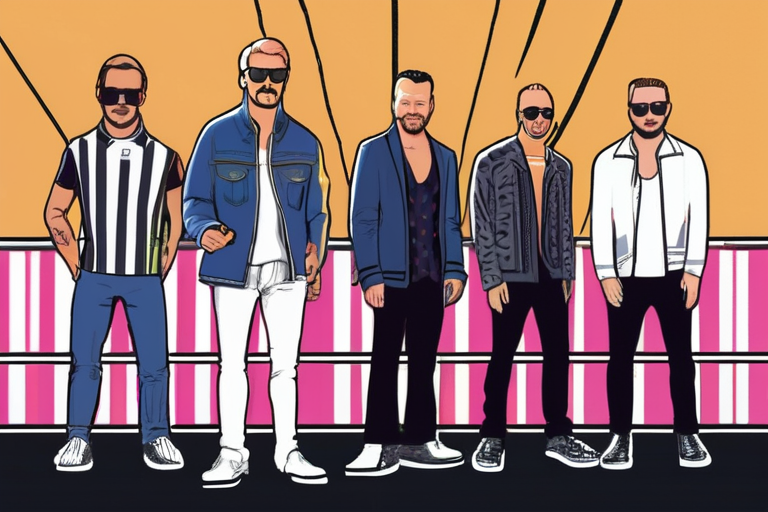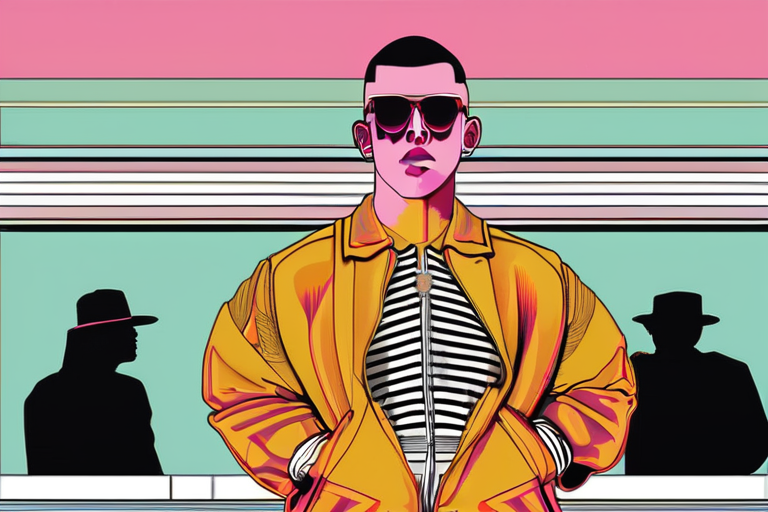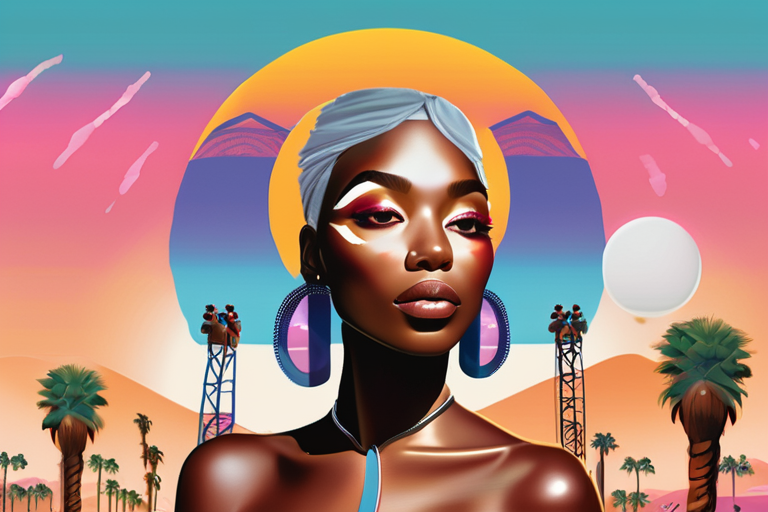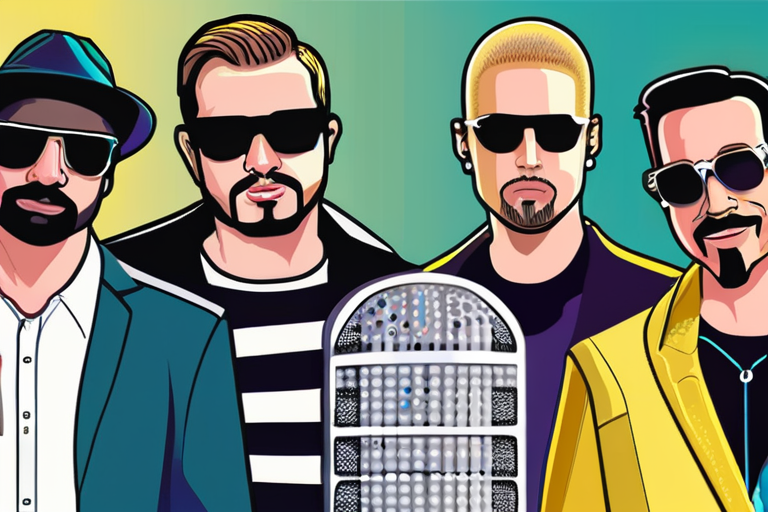Backstreet Boys Reunite with AI: 25 Years of 'Millennium' and Why Brazil is Their Second Home


Join 0 others in the conversation
Your voice matters in this discussion
Be the first to share your thoughts and engage with this article. Your perspective matters!
Discover articles from our community

 Hoppi
Hoppi

 Hoppi
Hoppi

 Hoppi
Hoppi

 Hoppi
Hoppi

 Hoppi
Hoppi

 Hoppi
Hoppi

AxMxP Amplifies the Sound of K-Pop: Billboard's Rookie Sensations It was a sweltering Saturday evening when AxMxP took to the …

Hoppi

Breaking News: Bad Bunny's US Tour Cancellation Sparks Industry-Wide Backlash Puerto Rican singer Bad Bunny has canceled his US tour …

Hoppi

BINI Makes History at Coachella 2026 Announcement & Cosmetic Line Launch After First U.S. Tour LOS ANGELES - BINI, the …

Hoppi

Inside the Ridiculously Cool, Wildly Catchy World of Bar Italia LONDON - In a music scene dominated by polished production …

Hoppi

BINI Makes History as First-Ever Filipino Group to Perform at Coachella 2026, Launches Cosmetic Line Amid Crossover Success In a …

Hoppi

Backstreet's Back... In Brazil: Backstreet Boys Talk AI, 25 Years of 'Millennium' & Why 'Brazil Is Our Second Home' As …

Hoppi